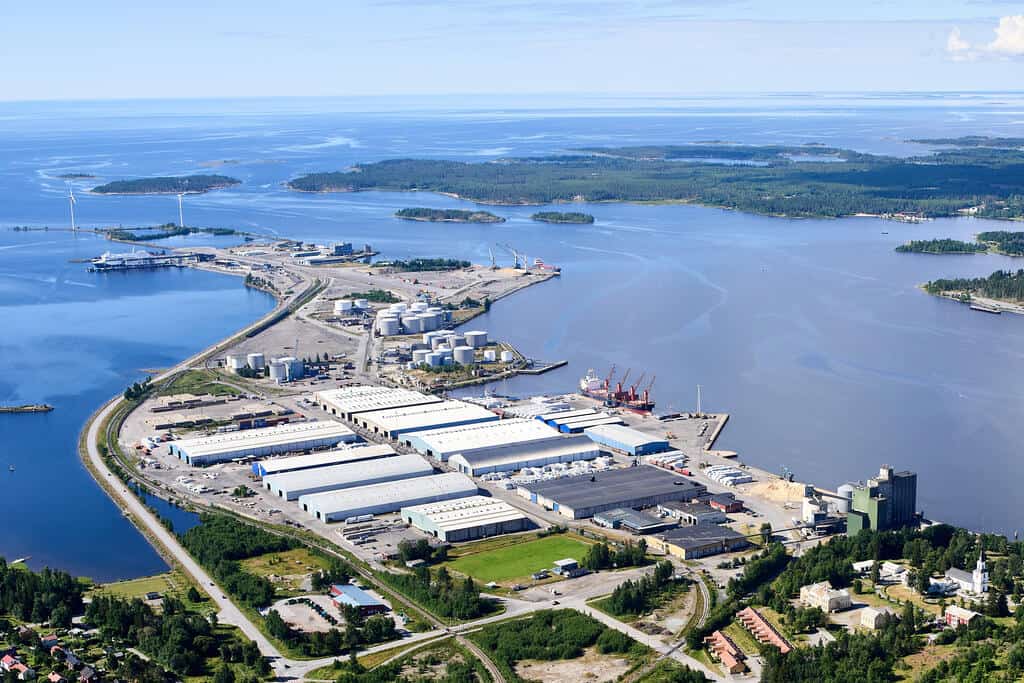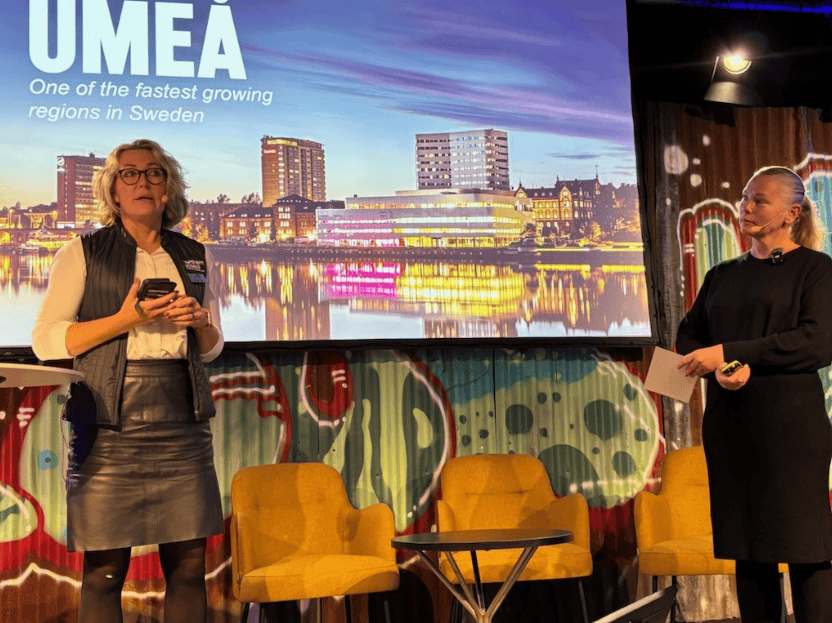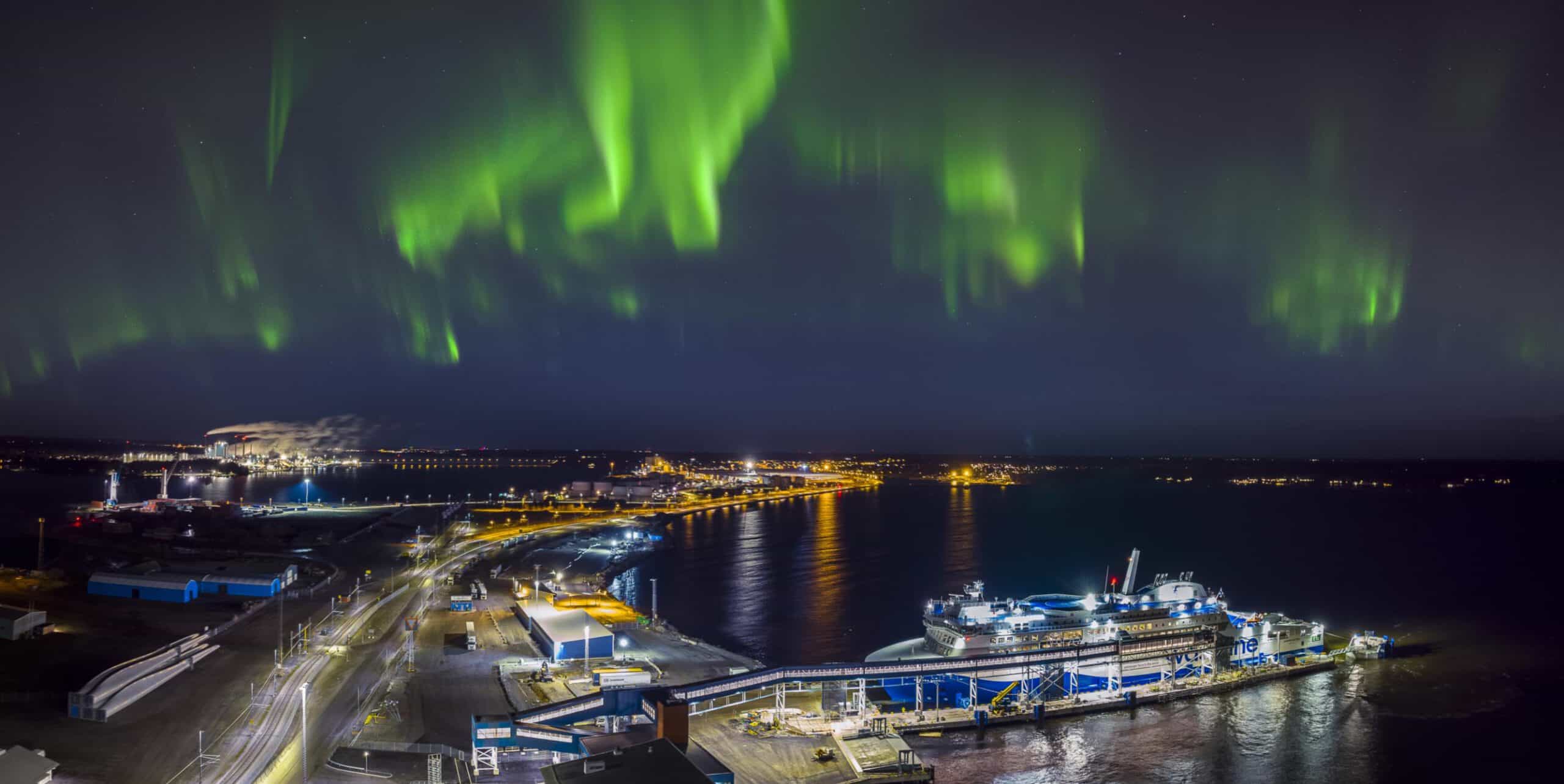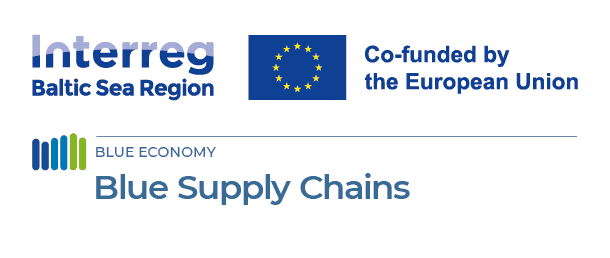
BSC - Project Story: For the Greener Good
31 July 2024
The team focuses on supporting the ports and shipping in transitioning towards fossil-free operations. They plan to achieve it by developing a national strategy for the production, loading and bunkering of fossil-free fuels, which, given how it will be used as a role-model for the country of Sweden, only further accentuates the trust put in the expertise of this consortium.
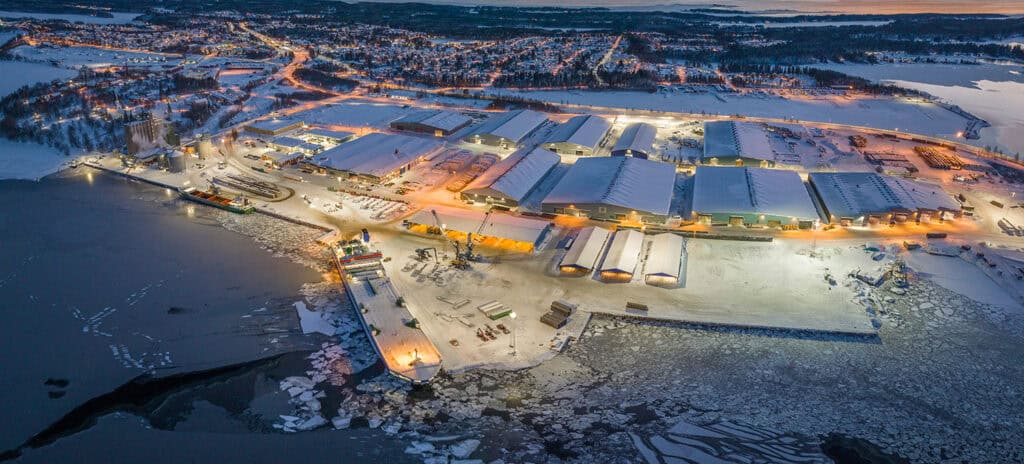
© Kvarken Ports / Fredrik Larsson
High ambitions and high hopes
Sweden’s plan to become world’s first fossil-free welfare state s ambitious and will require top-notch efforts, especially in the maritime sector. With about 70,000 ship calls per year, Sweden’s maritime industry significantly contributes to greenhouse gas (GHG) emissions. This is where BSC’s partners step in.
The partners are already quite deep into the works. Their plan is to examine the possibility of offering fossil-free fuel bunkering in the Swedish ports, as well as conduct a feasibility study that supports the transition to renewable solutions for specific cases.
Simply offering bunkering services might not be enough. The related infrastructure and supply chain needs would also generate emissions. In order to mitigate this, the group is looking into options for local production and distribution. The focus here is on one of the most talked-about green fuels of the future, hydrogen.
Tasks at hand
When tackling a complex challenge, one that involves many moving pieces and a great deal of actors to cooperate, one should always begin with a solid research foundation. The conducted knowledge-building study examined the current and future situation for ship bunkering in Sweden and the role of port authorities in green energy supply for transport chains.
In order to check all the boxes, the group conducted numerous literature reviews, interviews with industry experts, as well as tapped into the knowledge from other reasearch projects and government assignments during various workshops and meetings. This allowed for a detailed and up-to-date assessment of feasibility, costs, environmental aspects, as well as cost/benefit analysis for low-carbon fuels production in the Swedish setting and specific market segments. It has also included an assessment of energy consumption of vessels calling at Swedish ports.
The next step, one that is already in motion, is to create a roadmap for delivering green energy for transport chains that start and end in ports. Umeå is at the center of these developments, as it serves as the geographic area for piloting and evaluating solutions. This is where the partners thrive – right in the heart of the action.
Follow the further implementation and get latest insights in the dedicated section on our website!






